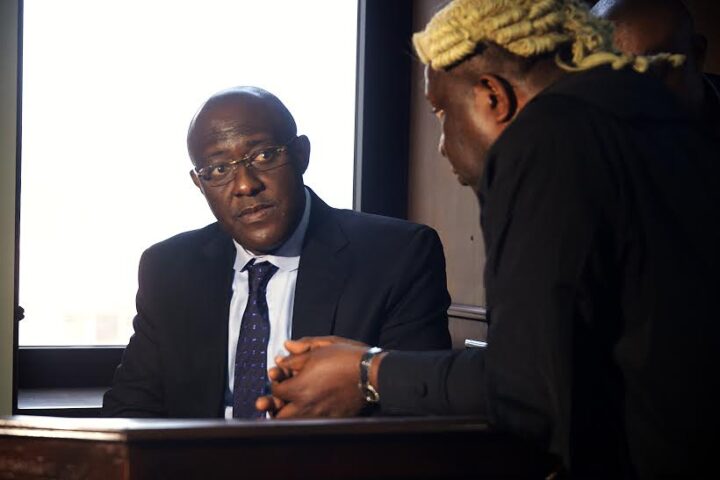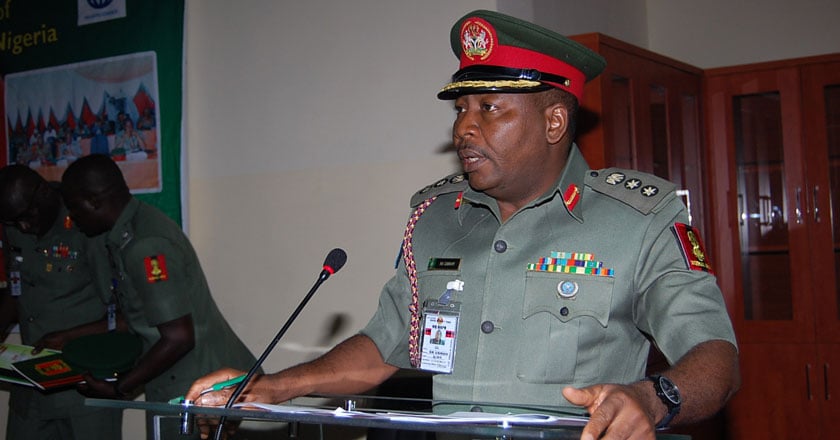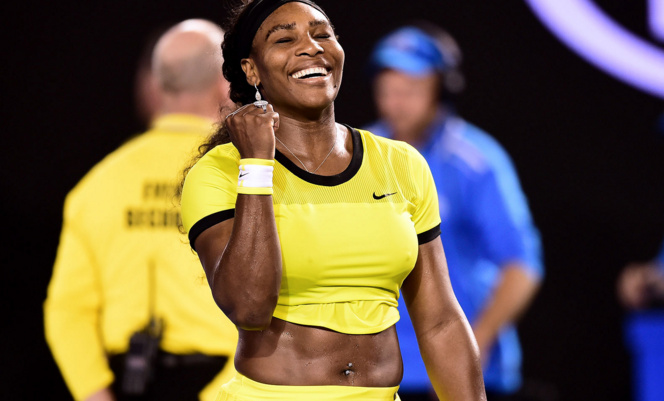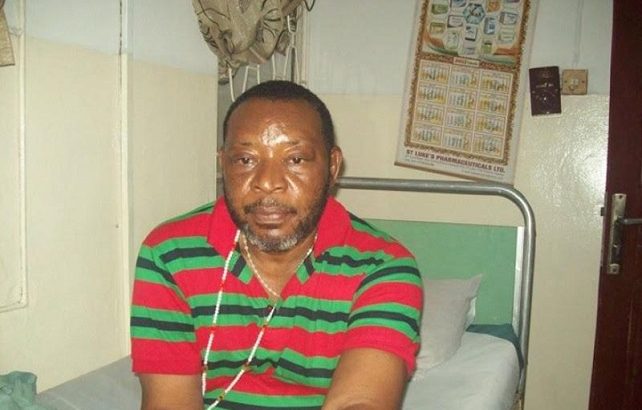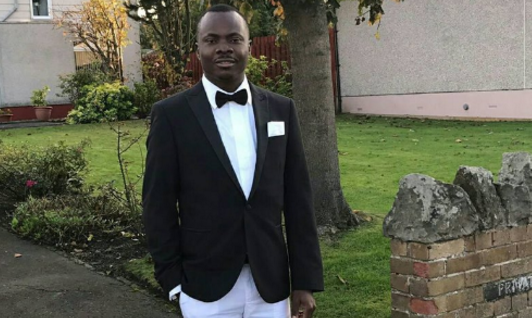Indubitably, the year 2016 was an epoch-making one in the judiciary. Landmark judgments were delivered in highly contentious cases, and a scrum of the elite felt the pangs of prosecution.
For the first time in the history of Nigeria, a justice of the supreme court was brought before a lower court on charges of corruption, and a former defence chief was remanded in prison after a federal high court admitted him to bail on stiff conditions.
Also, Abba Moro, a former minister in the immediate past government, , was detained, arraigned, and remanded for allegedly swindling job seekers of N650m in the botched and tragic Nigeria Immigration Service (NIS) recruitment exercise of March, 2014.
Going by the catalogue of high-profile cases, 2016 was a turning point in the country’s judicial voyage. Here are the five most celebrated cases of the year.
Advertisement
OLISA METUH VS EFCC
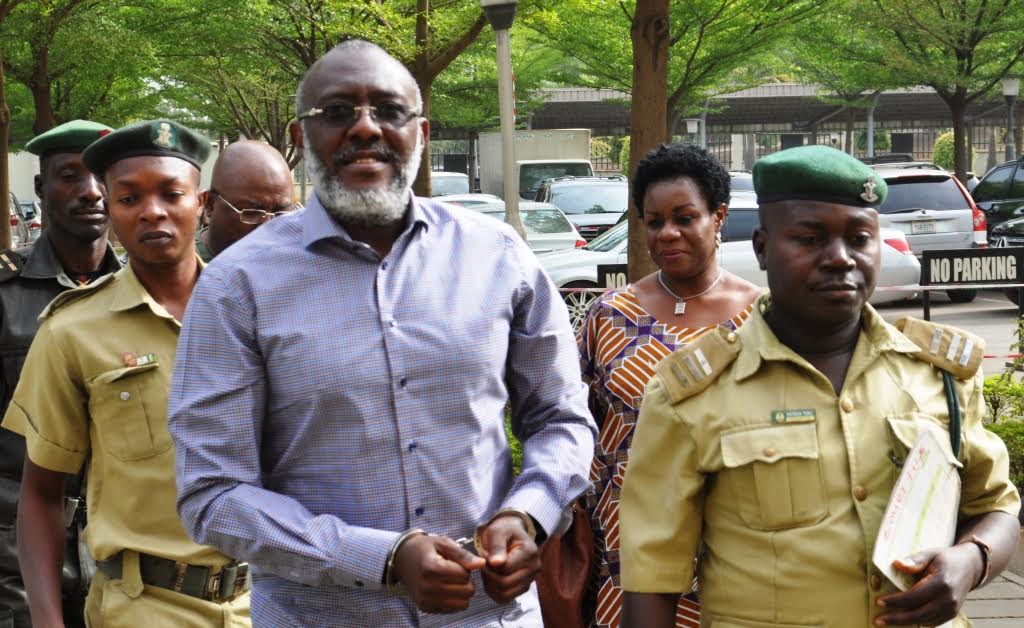 On January 5, the Economic and Financial Crimes Commission (EFCC) arrested Olisa Metuh, former spokesman of the Peoples Democratic Party (PDP), for receiving N400m – which was a part of the $2.1bn funds for arms purchase – from Sambo Dasuki, former national security adviser (NSA).
On January 5, the Economic and Financial Crimes Commission (EFCC) arrested Olisa Metuh, former spokesman of the Peoples Democratic Party (PDP), for receiving N400m – which was a part of the $2.1bn funds for arms purchase – from Sambo Dasuki, former national security adviser (NSA).
He spent a few days in detention, and he was later arraigned before Okon Abang, justice of the federal high court, Abuja on charges of money laundering.
Abang granted him bail in the sum of N400m, and with two sureties in like sum. The judge had ruled that the sureties must be owners of property in Maitama, Abuja.
Advertisement
However, Metuh spent days at Kuje prison owing to his inability to meet his bail condition. A few times, he was brought to court in handcuffs, sparking off a frenzy on social media.
He later met the conditions for his release after the court varied them.
His trial was a news item for months, and he tried a few times to stall it.
In March, the EFCC closed its argument after calling some witnesses who testified of how the former PDP spokesman received the disputed sum from Dasuki without a contract.
Advertisement
But Metuh filed an application, declaring that he had no case to answer. His application was rejected, and he began his defence.
In his submission, he claimed that the money he received from Dasuki was for former President Goodluck Jonathan’s campaign, and that it was duly authorised.
His trial continues in January 2017.
BELLO VS FALEKE, WADA
Advertisement
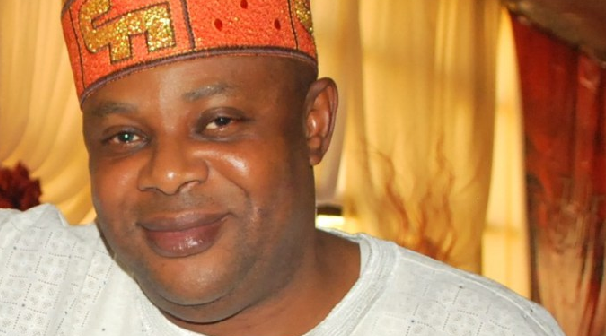 The Kogi governorship tussle – among three political heavyweights – was one legal battle of 2016.
The Kogi governorship tussle – among three political heavyweights – was one legal battle of 2016.
The demise of Abubakar Audu, All Progressives Congress (APC) candidate in the November 2015 governorship election, stirred a leadership crisis in the state.
Advertisement
Audu had died while results of the election were being collated. He had the leading score. The election was declared inconclusive, and the APC chose Yahaya Bello, who scored the second highest votes in its primary election, as a substitute. He was later returned as governor after a supplementary election.
But James Faleke, Audu’s running mate, was displeased with the development. He filed a suit at the election petition tribunal, claiming that Bello was an impostor. He urged the tribunal to declare him governor because he was the legitimate substitute for Audu.
Advertisement
But the tribunal dismissed his suit on the grounds that a candidate for an election could not choose or sponsor himself, except by a political party.
Also, Ibrahim Wada, former governor of the state, filed a suit at the tribunal, urging it to declare him governor because he scored the highest votes in the concluded election, Bello having polled 6, 805, and he polling 204,877 votes.
Advertisement
But tribunal dismissed his suit, stating that Bello’s APC had the highest number of votes, 247,762, and as such he was entitled to inherit Audu’s votes.
In August, the appeal court upheld Bello’s election as governor, and in September the supreme court sealed it.
BADEH VS EFCC
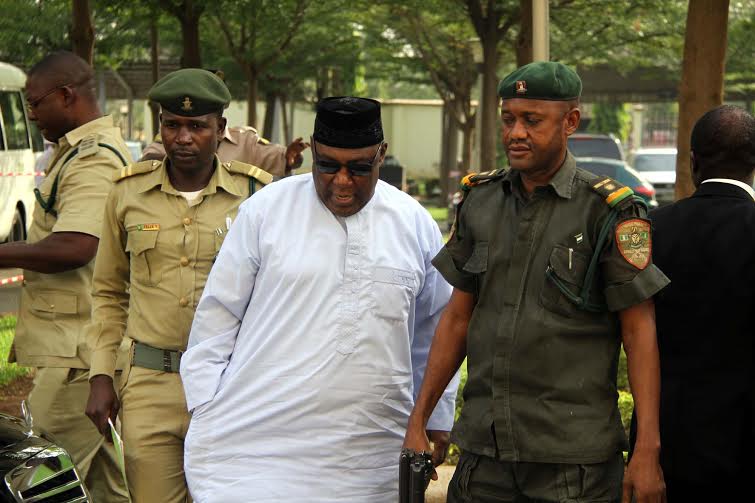 The trial of Alex Badeh, former chief of defence staff, started in March. The EFCC had arraigned him before Okon Abang, justice of the federal high court, Abuja, over alleged money laundering to the tune of N3.9bn.
The trial of Alex Badeh, former chief of defence staff, started in March. The EFCC had arraigned him before Okon Abang, justice of the federal high court, Abuja, over alleged money laundering to the tune of N3.9bn.
He spent a few days at Kuje prison after he failed to meet the conditions for his release. Abang had granted him bail in the sum of N2bn.
His case was another dramatic event of 2016 for witnesses called by the anti-graft agency narrated how he allegedly used public funds to buy choice pieces of property in Abuja.
His trial will continue in January, 2017.
JEGEDE VS IBRAHIM
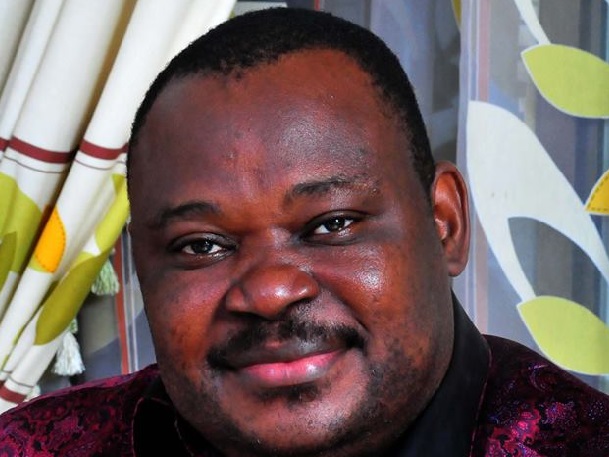 The leadership crisis in the PDP pitted Eyitayo Jegede against Jimoh Ibrahim in the run-up to the November 26 Ondo governorship election.
The leadership crisis in the PDP pitted Eyitayo Jegede against Jimoh Ibrahim in the run-up to the November 26 Ondo governorship election.
The Ahmed Makarfi faction of the party had picked Jegede as its candidate in the election, while another faction led by Ali Modu Sheriff chose Ibrahim.
A few weeks to the election, the Independent National Electoral Commission (EFCC) released the names of candidates, recognising Ibrahim as PDP’s standard bearer.
The electoral body cited the judgment of a federal high court, Abuja, which declared Sheriff’s faction as legitimate, as the reason for its action. Consequently, Jegede filed a suit at the appeal court, urging it to declare him PDP Ondo governorship candidate.
But Ibrahim threw a spanner in the works. He made allegations of corruption against the members of the appeal panel, forcing them to decline to give judgment in the matter.
Jegede then went to the supreme court to seek redress. The apex, thereafter, directed the lower court to deliver its judgment. On November 23, the appellate court delivered its judgment, declaring Jegede PDP Ondo governorship candidate.
However, Jegede, who had just two days to campaign, lost the election to Rotimi Akeredolu of the APC.
The Jegede-Ibrahim legal battle was such a “fuss” in the last quarter of the year.
JUDGES VS FG
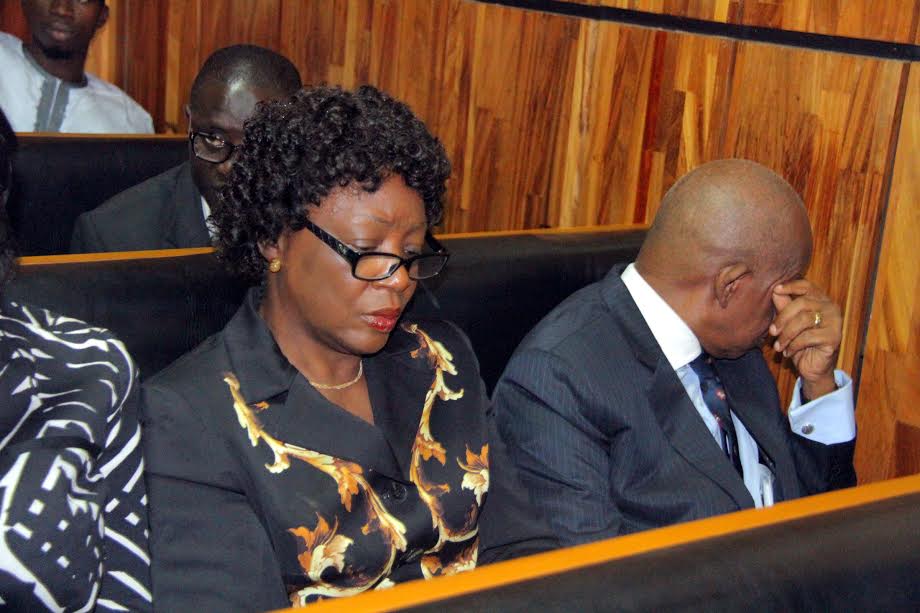
Perhaps, the loudest “noise” in the judiciary in the closing year was from the arraignment of serving judges by the federal government.
On October 8, the Department of State Services (DSS) arrested some judges in a night raid on allegations of corruption.
In November, one of the suspects, Sylvester Ngwuta, a supreme court judge, was arraigned before John Tsoho, justice of the federal high court, Abuja, on a 15-count charge of money laundering.
He pleaded not guilty to the charges, and he was granted N50m bail with no sureties.
Also, in December, Adeniyi Ademola, a federal high court judge, and his wife were arraigned before an Abuja high court on 11-counts of money laundering and illegal possession of firearm.
They pleaded not guilty to the charges, and were granted bail in the sum of N50m with no sureties.
Also, Ofili Ajumogobia, a justice of the federal high court, Lagos, was slammed with a 30-count charge of money laundering by the EFCC.
The trial of the judges would continue in January, 2017.
Add a comment

